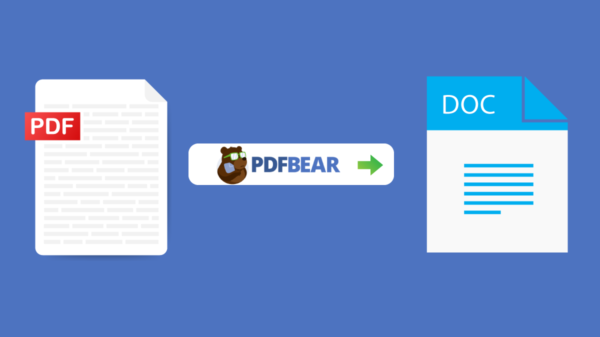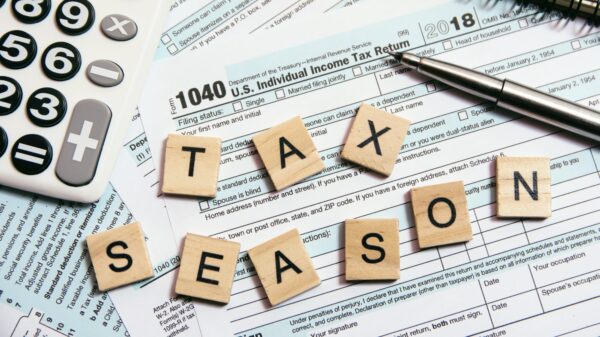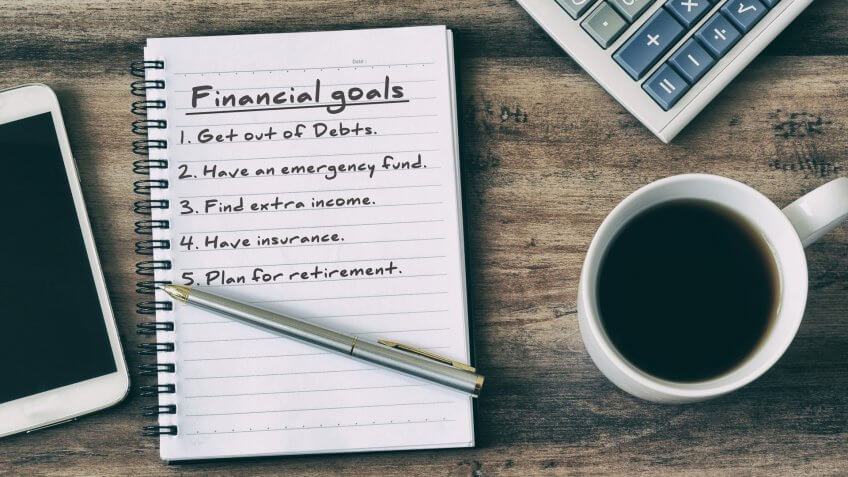Many think that reaching financial stability rimes only with a stable job that allows coping with day to day basic expenses. Of course, having sufficient funds to meet the expenses is important. Unfortunately, no matter how much you earn at this moment, there is a set of practices to master if you aim to become financially stable in the long term.
Identify savings goals
It is probably that your idea of a financially stable future may differ from others’ needs. Some people think of saving for the future as planning for retirement. Others dedicate their savings to helping their children pay for their college education.
Still, others may want to buy a motorhome after they retire and travel the country. There is no right or bad reason to save for the future; the important thing is to identify what matters to you the most.
Make a clear decision on what you want to save for and set up a savings account if you’re going to save for several purposes.
Cut down on unnecessary expenses
Once you have a clear awareness of your current spending (both non-discretionary and discretionary), you’ll need to start prioritizing your spending. Think about things that you don’t really need, but like to indulge yourself in.
Remember, cutting back doesn’t necessarily mean depriving yourself of the things you enjoy for the rest of your life. If you’ve had a big weekly splurge, try splitting it once a month (or every two months).
Don’t cheat on yourself, thinking you can spend more on your indulgences because you enjoy them less often. It’s essential to stick to your monthly budget and only spend the amount you’ve set aside for those occasional splurges.
Save for the future
Set aside a portion of your paycheck. Depending on your income and current expenses, you may not be able to set aside a large part of your salary each week. However, it’s essential to save as much as you can as this adds up quite quickly. Also, it can be a big factor in your financial stability. Once you know the exact sum left over after spending, you can put the excess money aside in your saving account.
Set aside a portion of each paycheck. Depending on your income and current expenses, you may not be able to set aside a large amount of your salary each week. However, it’s important to save as much as you can, as this adds up quite quickly and can be a significant factor in your financial stability.
Avoid compulsive spending
If you walk into a store without any plans, there’s a good chance you’re overspending. Seeing something is on sale or just prominently displayed shouldn’t justify throwing your budget out the window.
Always compile a shopping list before leaving home, no matter what you are doing (groceries, clothes, etc.).
You might want to allow yourself to indulge in occasional impulse buys, but set a limit: don’t let yourself more than, say, $ 10 for things you didn’t put on your shopping list.
Try to use cash for your purchases instead of a debit/credit card. Carrying cash can help you significantly limit your spending if you limit the amount of money you have in your wallet.
Learn how to invest your money
The last practice you need to put in place to be financially independent is to learn how to invest your savings.
Making financial investments isn’t very easy, but you need to start figuring out how the money you save can pay off.
We don’t want to suggest here how you should invest your savings, but if you are interested in this, seek out a financial advisor who can help you find investment ideas in a way that is profitable for you. Acquire an entrepreneurial mindset and look for new opportunities that allow you to grow.
























































You must be logged in to post a comment Login